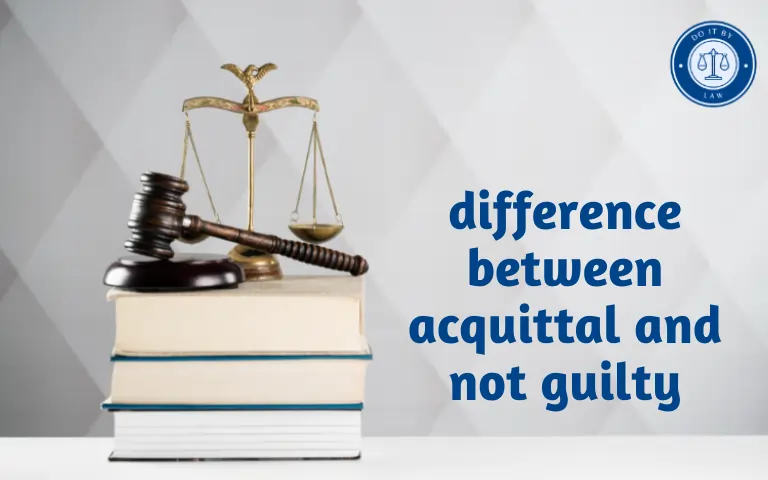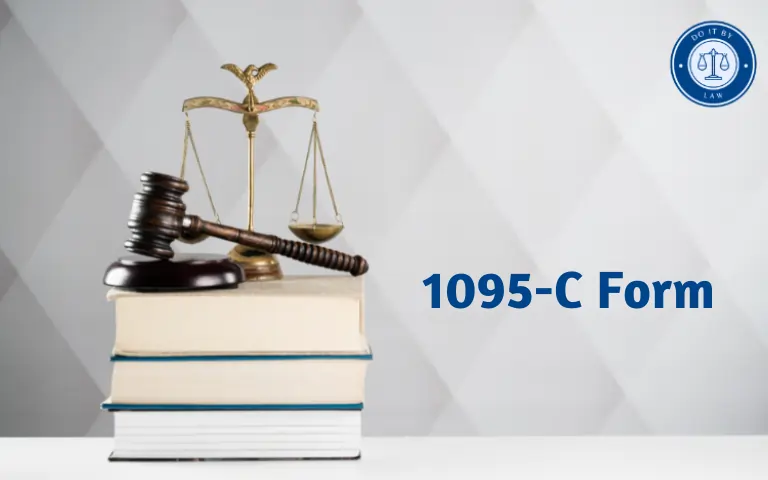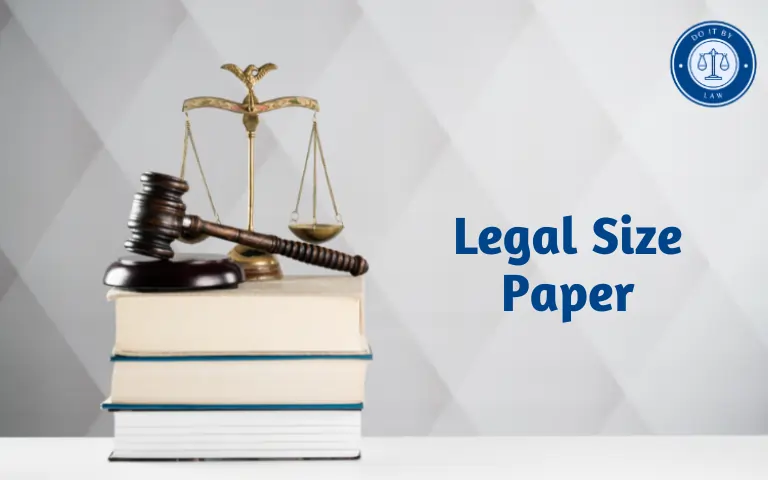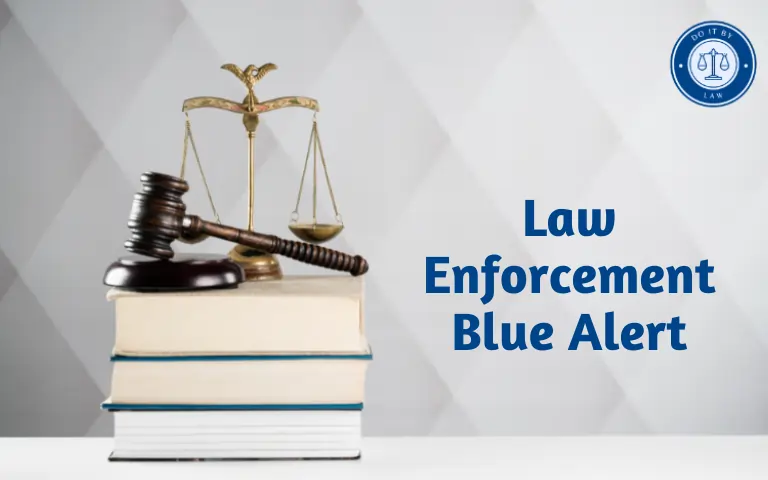What is a Clerkship in Law? A Complete Guide to Legal Clerkships
If you’re a law student or recent law graduate, you may be asking clerkship in law to provide invaluable real-world legal experience and mentoring for those new to the field. Working closely under the supervision of a judge, attorney, or legal organization, clerks gain hands-on training in researching, writing, critical thinking, and the judicial system.
In this comprehensive guide, we will explain what a clerkship is, the various types available, what the day-to-day experiences are like, key benefits you can gain, qualification and application requirements, and insider tips for securing a position. Read on to fully understand the world of legal clerkships!
What is a Clerkship?
A clerkship is specialized on-the-job legal training under the supervision and guidance of a seasoned attorney or judge. Clerkships provide practical experience and networking opportunities for law students, recent graduates, and in some cases, established attorneys seeking to change fields.
Serving as legal support staff for courts, law firms, government agencies, public interest organizations, legislators, and corporations, clerks conduct research, analyze cases, draft legal documents, advise clients, observe proceedings, and gain firsthand insight into the legal system. Clerkships typically last one or two years and are full-time paid positions.
The most prestigious clerkships are with federal judges, particularly Supreme Court Justices. These highly competitive positions go to top law students and graduates. However, state court judges, trial court judges, magistrates, administrative law judges, and appellate justices also bring clerks aboard.
Beyond the courts, many legal employers offer clerkships or similar intern roles. The daily tasks vary by setting but center on sharpening legal research and writing abilities while providing training under supervision.
Purpose and Key Responsibilities
The primary purposes and responsibilities of a law clerk include:
- Conducting legal research on statutes, precedents, interpretations, etc. to prepare memos
- Drafting opinions, orders, recommendations, and correspondence
- Reviewing briefs and records to verify facts and background of cases
- Attending trials, hearings, conferences to learn about cases
- Preparing bench memos summarizing case facts and applicable laws
- Developing expertise over time in specialized legal areas
Essentially, law clerks support judges and attorneys by digging into the legal details and distilling down key information to inform decision making. They are like detectives gathering all the background facts and information to piece together for their supervising attorney or judge.
Common Misconceptions
Some common misconceptions about law clerks include:
- Myth: Law clerks make actual rulings and decisions on cases.
- Fact: Clerks only research and provide recommendations. Judges make all final rulings.
- Myth: Clerking is more administrative than substantive legal work.
- Fact: Clerks do in-depth legal research and analysis that deeply informs legal proceedings and opinions.
- Myth: Law clerk positions are easy entry-level jobs for recent law grads.
- Fact: Clerkships are highly competitive positions requiring excellent academic credentials. The work itself is complex and challenging.
Types of clerkship in law
There are several main types of legal clerkships:
Judicial Clerkships
Judicial clerkships support state, appellate, district, or federal court judges. Clerks research issues, draft opinions and memoranda, analyze filings, attend proceedings, advise judges, handle evidence, and gain exposure to trials, hearings, motions, and petitions. Appellate court clerkships are considered the most prestigious.
Government Agency clerkship in law
Government agencies like the Department of Justice, public defender offices, district attorney offices, and state attorney general offices take on clerks. Duties involve assisting with cases, policy research, drafting motions, interfacing with agencies/legislators, and legal analysis.
Law Firm Clerkships
Law firms hire clerks or summer associates to work under firm attorneys on cases, client matters, and filings. Responsibilities include research, document review, drafting, client interaction, and analyzing legal strategy. This exposes clerks to private practice.
Public Interest Clerkships
Public interest legal groups like nonprofits, advocacy groups, and rights-focused organizations provide clerkships on key social causes and policy issues. Clerks support impact litigation, research, lobbying, drafting, outreach, and public education.
In-House Legal Clerkships
Corporate legal departments hire clerks to assist internal attorneys on commercial contracts, compliance, intellectual property, litigation, risk management, and other matters affecting the business. This provides corporate law exposure.
Legislative/Executive Branch Clerkships
Clerkships are available with legislators, committees, governors, mayors, and other government executives needing legal support. Clerks research issues, draft bills, and testimony, respond to constituents, and analyze policy impacts.
What is the Clerkship Experience Like?
Experiences vary by clerkship type but often involve:
- Legal research and writing – Producing bench memos, draft judicial opinions, briefs, research reports, policy papers, and client documents
- Case management – Organizing files, documents, evidence, transcriptions, and materials for court cases
- Courtroom observation – Attending trials, hearings, arraignments, pleas, sentencings
- Client interaction – Communicating with and assisting clients as needed under attorney supervision
- Drafting correspondence – Preparing letters, emails, notices, and communications on behalf of attorneys
- Administrative work – Managing calendars, schedules, phone calls, appointments, travel, and day-to-day legal office tasks
- Event planning – Making arrangements for meetings, conferences, seminars, legal proceedings
- Legal analysis – Reading and evaluating cases, rulings, contracts, and agreements to provide insights
- Problem-solving – Suggesting solutions to legal issues the organization is facing
- Networking – Getting to know attorneys, judges, clients, experts, legislators, regulators, administrators
Clerkships provide exposure to real legal processes, strategy, advocacy, oral arguments, negotiations, legal writing, evidence analysis, ethics, and decision-making. Clerks shadow experienced attorneys and take on substantive work under close supervision. It’s an invaluable training ground.
What are the Benefits of a Clerkship?
Clerkships offer many professional and personal benefits, including:
- Gaining practical legal experience in a specific field before formal practice
- Receiving mentoring from seasoned legal professionals
- Building litigation, research, analysis, and writing skills
- Experiencing courts, hearings, ADR, trials, and negotiations firsthand
- Understanding case strategy by observing skilled attorneys
- Expanding legal knowledge and proficiency
- Networking and developing key professional relationships
- Seeing different legal career paths and specialties
- Earning a salary, stipend, or hourly wage as a paid position
- Increasing competitiveness for legal employment after completing a clerkship
- Potentially meeting bar exam requirements instead of law firm experience
- Transitioning to permanent employment with the clerkship organization
- Learning time management, organization, and responsibility in a professional role
Additionally, judicial clerkships provide clerks with unique exposure to appellate judges’ decision-making processes, arguments they find persuasive, writing styles, court customs, and insights you can’t get anywhere else. This informs clerks’ legal skills and analysis capabilities moving forward.
clerkship in law Qualifications and Requirements
What qualifications do you need to secure a clerkship? Requirements vary by organization but generally include:
- A Juris Doctor (J.D.) degree or equivalent from an accredited law school. Some take students who have completed at least 2 years.
- High academic achievement, class rank, and law school grades. Competitive clerkships want students in the top 10-25% of their class.
- Strong research, analysis, writing, citation skills, and oral communication abilities.
- Personality traits like responsibility, work ethic, collegiality, discretion, independence, intellectual curiosity, and calm under pressure. Character assessments are often part of the hiring process.
- Technological competence using legal research databases, e-discovery tools, transcription software, case management programs, Microsoft Office or Google Workspace.
- Attention to detail and organizational skills to precisely manage large amounts of information.
- Initiative to find answers to complex questions independently using available resources.
- The highest integrity is to handle confidential information carefully.
- Ability to juggle multiple competing priorities and work effectively under tight deadlines.
The application process itself requires meticulous resume preparation, cover letters, writing samples, references, and interviews. Competing for clerkships takes planning, persistence, and patience.
Applying for a clerkship in law Position
How do you go about applying for and securing a clerkship? Here is an overview of the typical process:
- Start researching clerkships 12-18 months before you want to begin working. Opportunities are posted on school career sites, job boards, organizational websites, and bar associations. Identify openings of interest and those accepting applications.
- Thoroughly prepare all required application materials – resume, cover letter, writing sample, law school transcripts, references, and more. Follow precise clerkship application formatting requirements.
- Submit applications well in advance of deadlines. Be aware the timing cycle depends on the court term calendar. Summer clerkships may start the application process in December-January.
- If selected for an interview, practice legal questions and analyze your resume in depth to prepare. Interviews are substantive – more like oral examinations of your capabilities than traditional interviews.
- Follow up diligently with both thank you notes after interviews and periodic check-ins on application status if you have not heard back. Be politely persistent.
- If make an offer, thank the employer promptly and request time to consider it if needed. Accept or decline any offer within the specified timeframe so the organization can make alternate arrangements if required.
With preparation and persistence, you can maximize your chances of securing a clerkship that will launch your legal career!
Pros and Cons of Clerking
Pros
- Gain firsthand court experience with insider access
- Build strong mentor relationships
- Develop in-demand legal skills like research, writing, analysis
- Boost career opportunities and credentials
- Earn a good salary with federal clerkships
Cons
- Intense workload and tight deadlines
- Lots of pressure and responsibility
- Very competitive selection process
- Short-term positions with uncertain future prospects
Overall, clerkships let new attorneys deeply understand court processes while refining vital legal skills that translate to future litigation, policy, and other legal roles.
Career Trajectories After Clerking
Many former law clerks leverage the experience to then:
- Litigate high profile court cases as attorneys
- Teach at law schools on courts, ethics, writing
- Work in policy or legislative roles
- Secure in-house counsel positions
- Transition onto the bench as judges themselves
- Move into elite public service legal positions
So while most clerkships themselves are short-term, the long term value can be immense in shaping high-powered legal careers anchored in litigation, academia or the judiciary.
Key clerkship in law Interview Questions
Some examples of common clerkship interview questions include:
- Why are you interested in this clerkship?
- What are your career goals and ambitions in the legal profession?
- Which law school courses did you enjoy most and least? Why?
- Describe a challenging legal research assignment and how you approached it.
- What skills and strengths would you bring to this clerkship role?
- How do you feel about conducting tedious document review for long hours?
- What interests you about this organization’s/judge’s legal philosophy and areas of specialty?
- How do you handle working under tight deadlines and pressure?
- How would you describe your work style? Are you more collaborative or independent?
- How does this clerkship fit within your long-term legal career plans?
Come prepared to discuss your motivations, legal knowledge, writing ability, notable cases, research skills, passions, work ethic, time management capabilities, flexibility, discretion, and professionalism.
Maximizing clerkship in law Opportunities
Here are some key strategies for securing the best clerkship experience:
- Start applying for clerkships 1L summer or early in the 2L year – don’t wait until you graduate. The most competitive placements get snapped up fast.
- Consider summer internships that convert into post-graduate clerkships so you don’t have to reapply.
- Focus clerkship applications on your genuine legal interests, specialties, and strengths rather than just applying everywhere.
- Research judges’, attorneys’, and organizations’ legal philosophies to find an alignment with yours when applying. Fit matters.
- Apply to multiple positions at each organization to give yourself backups in case you don’t get the role you most want.
- Get faculty recommendations from professors familiar with your legal writing and research skills.
- Highlight any prior legal office work experience, even as an undergrad or secretary. This is still relevant.
- Join relevant legal associations/groups like moot court or law reviews to build your qualifications.
- Attend info sessions, job fairs, workshops, and employer events to learn about clerkships and make connections.
- If you strike out applying as a 2L, strengthen your resume and try again 3L year. More work experience helps.
- Consider splitting a clerkship between two placements, so you can try out different specialties.
Leverage clerkships to explore diverse legal career options, build your reputation, and open doors that will propel your success after graduation!
Resources For Learning More About Clerkships
Helpful sites to learn more about law clerk roles and find open clerkship opportunities include:
- OSCAR: Online System for Clerkship Application & Review
- USAJobs.gov
- State & federal court websites
- PublicDefender.gov
- American Association for Justice site
- LinkedIn jobs
- Top law school career sites
Many law schools also have dedicated clerkship advisors and offices to help students and alumni navigate the process. Reaching out to former clerks is also a great way get the inside scoop on different clerkships.
Conclusion
In summary, a clerkship offers hands-on legal experience under the close tutelage of a judge, attorney, legislator, or organization. Serving as a mentee immersed in real legal tasks and strategy sharpens your skills and illuminates career paths while expanding your professional network.
Securing a clerkship takes planning, persistence, and stellar qualifications. However, for new legal professionals, clerkship opportunities provide unparalleled preparation and advantages for future achievement. We hope this guide provided you with a helpful introduction to navigating the world of legal clerkships!






